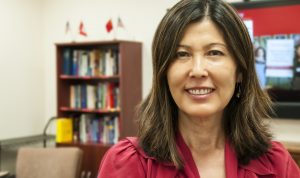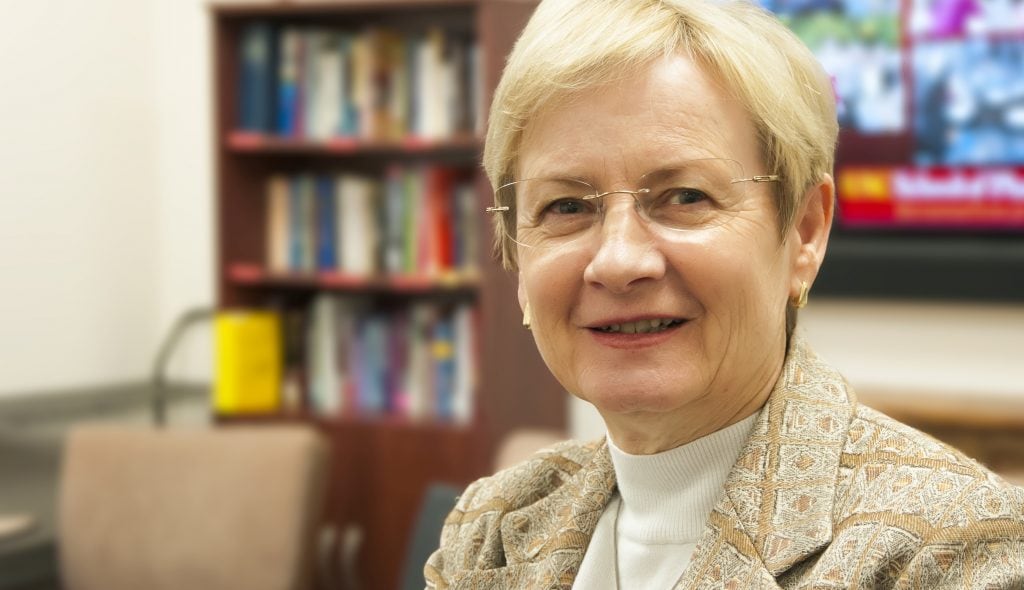The USC School of Pharmacy has established a new Department of Regulatory and Quality Sciences, appointing internationally renowned regulatory expert Frances J. Richmond, PhD, as its chair.
The new department will build upon the school’s longstanding leadership in regulatory science education, which began in 1999, under Richmond’s direction, with a master’s program in Regulatory Science.
Today, the school offers three interdisciplinary master’s programs (Regulatory Science, Management of Drug Development, and Medical Product Quality), six certificates and, since 2008, a professional doctorate in Regulatory Science — the first in the nation.
“The Department of Regulatory and Quality Sciences will continue to offer first-in-class educational and research opportunities to students, developing leaders for professions that are just beginning to exist,” said Vassilios Papadopoulos, PhD, dean of the USC School of Pharmacy.
A nexus for partnerships in Asia, Africa and Europe, the school’s regulatory science program is a global leader in producing professionals with the knowledge and skills to manage regulated biomedical products worldwide. The program currently has more than 600 graduates placed in regulatory affairs careers in industry, government and academia around the globe.

The timing is right for further growth of the program, Richmond says.
“The need for regulatory science professionals who can navigate this complex landscape just keeps growing,” she adds. “This exponential growth continues to create a pressing need for regulatory science professionals who can both advocate for the patient and guide companies through the business, legal, ethical and marketing complexities of product development and distribution.”
Eunjoo Pacifici, PharmD, PhD, will succeed Richmond as director of the USC International Center for Regulatory Science.
The school also recently established a new undergraduate major in Pharmacology and Drug Development to meet growing demand from students interested in careers in regulatory and quality sciences as well as industry need.


